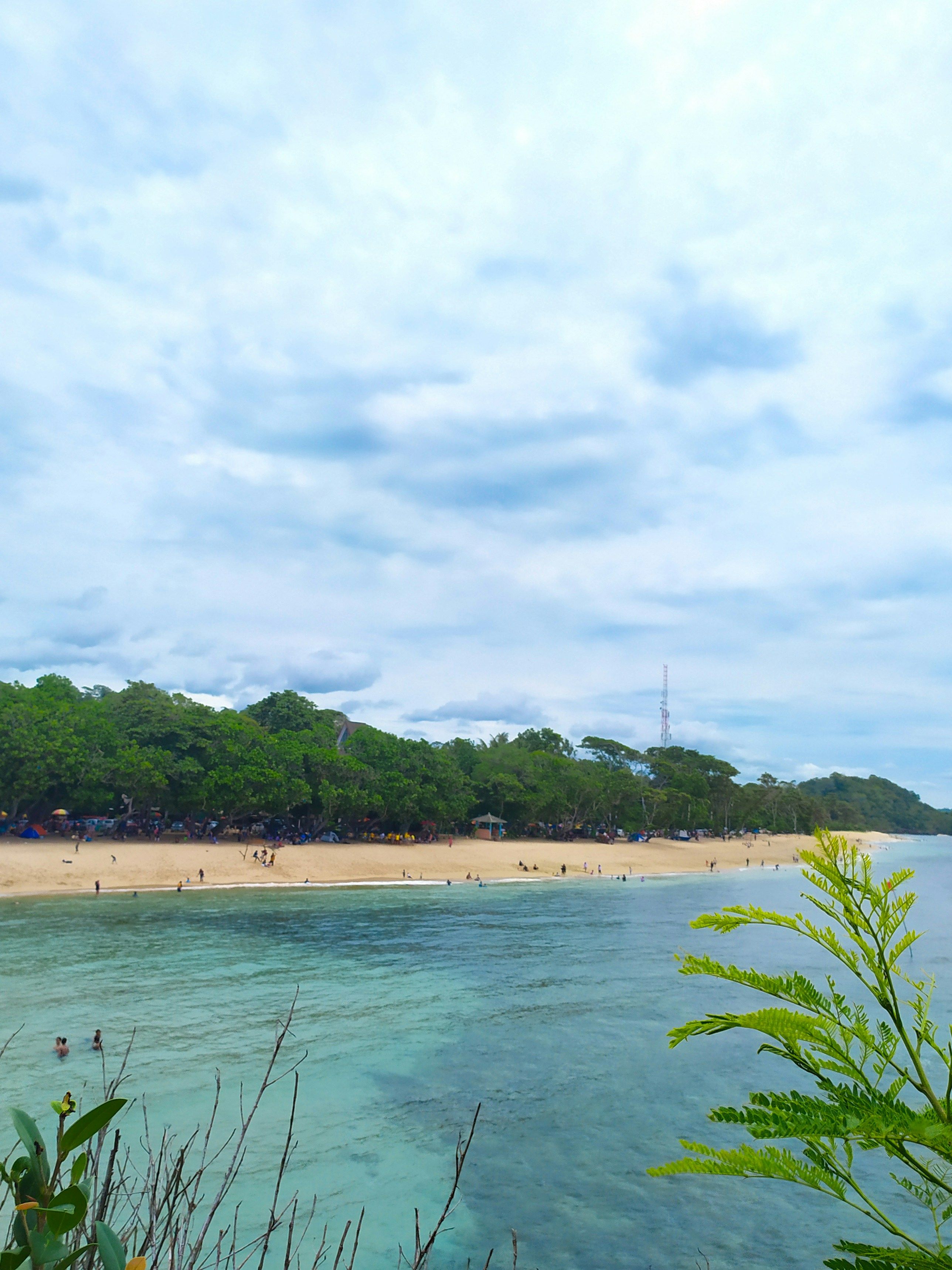The Imperative of War: Putin's Economic Obstacles to Peace
Russian Leader Unable to Sustain Peaceful Conditions
The recent Russian-Ukrainian talks in Istanbul, a much-anticipated attempt at resolving the ongoing conflict, proved unsuccessful. President Putin shows no signs of genuinely seeking peace, and the devastating impact of his war economy makes it nearly impossible for him to simply cease hostilities.
The spectacle at the Bosphorus, as US President Donald Trump humorously called it, earned the label of a "peace theater" from former CIA analyst Rob Dannenberg. Putin has no earnest intentions to settle the dispute - he seeks the strength and power that comes from military dominance.
The War Economy: An Economic Experiment
Putin's aggression against Ukraine has turned Russia into a war economy. Defense spending surpasses 7% of the nation's output and consumes a third of the state budget. Industries are shifting towards arms production, causing labor shortages across the country. Economic growth and employment rates are rising as a result of this massive military spending.
However, the war economy is reaching its breaking point. The insatiable demand for weapons and soldiers has led to shortages in crucial industries like healthcare, infrastructure, and general employment. According to Janis Kluge of the German Institute for International and Security Affairs, this war-led boom is unsustainable and will likely trigger an economic downturn if peace were to somehow break out.
The Danger of a Ceasefire
Suddenly halting Russia's war machine would lead to a devastating economic crash. The war economy is so intertwined with the Russian economy that a decline in military spending would cripple the nation's financial institutions, pushing interest rates to astronomical heights.
If hundreds of thousands of soldiers were to return home after the war, unemployment would spike, and the non-military sector would struggle to absorb such a large workforce. This situation could result in widespread poverty and unrest, threatening Putin's power and potentially jeopardizing his hold on the regime.
Options for Putin: Expand or Suffer
With finite resources, Putin cannot maintain the current level of military spending indefinitely. Pavel Luzin, a Russian political scientist, suggests that the Kremlin may be forced to expand the war to other countries in order to capture new resources and fund military operations. This would solve Russia's economic woes by providing necessary funding for defense, while keeping the war machine running.
Throughout history, dictators have capitalized on the need for vast, million-strong armies to conquer new territories, securing resources and keeping soldiers occupied. Putin's potential path forward seems all too reminiscent of the strategies employed by Julius Caesar, Napoleon, and Saddam Hussein.
- Arms Industry
- Russia
- Attack on Ukraine
- Vladimir Putin
- War Economy
Enrichment Data:
Economic Consequences of the War Economy:
- The ongoing war effort and military spending have led to short-term economic growth, but are also fueling inflation and exacerbating economic instability[2][5].
- The economy is projected to slow down, with GDP growth expected to decrease to 1.8% in 2025 from 4.1% in the previous year[1].
- Economic sanctions imposed by Western countries, particularly against oil revenues, have weakened Russia's economy and forced it to rely more heavily on discounted energy exports to China[3][2].
- Dependence on China for economic support underscores the imbalance in their relationship, with China benefiting from favorable trade terms[2].
Potential for Peace:
- The economic strain caused by the war and sanctions has not yet led to a clear path for negotiations or peace. Instead, it has prompted Russia to prioritize military spending over economic stability[3][5].
- The potential for peace is complicated by the need for Russia to address its economic vulnerabilities and the ongoing impact of sanctions[3].
International Dynamics:
- The international community, particularly European countries, continues to impose sanctions aimed at weakening Russia's ability to sustain the war. This economic pressure is a critical factor in any potential peace negotiations[3][5].
- Observers suggest that a shift in Russia's economic relations, possibly through partial normalization with the U.S., could influence the dynamics of peace talks[4].
- The community policy should include measures to address the economic repercussions of war-led booms, as demonstrated by Russia's war economy, to ensure long-term economic stability and prevent unsustainable growth.
- Employment policies in Russia must prioritize the development of non-military industries to absorb the workforce and prevent widespread poverty and unrest if the war were to end suddenly.
- In light of Russia's reliance on Chinese economic support and the imbalance in their relationship, the employment policy should focus on diversifying trade partners and reducing dependence on a single market to maintain economic resilience in the face of external pressures.





